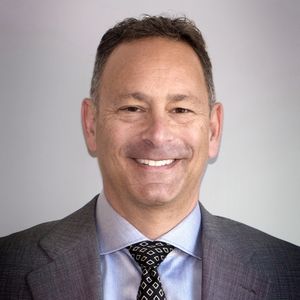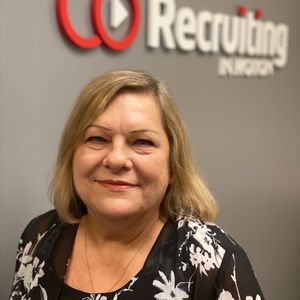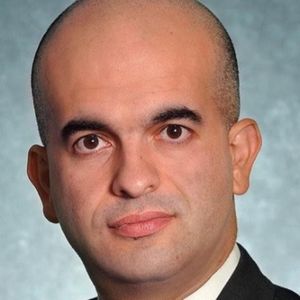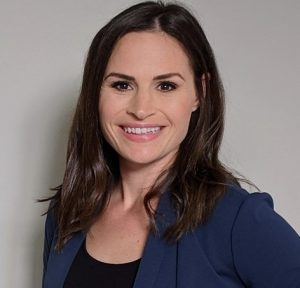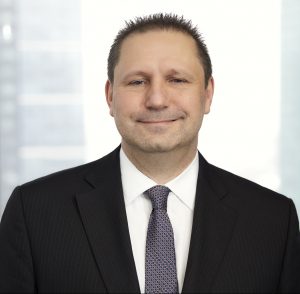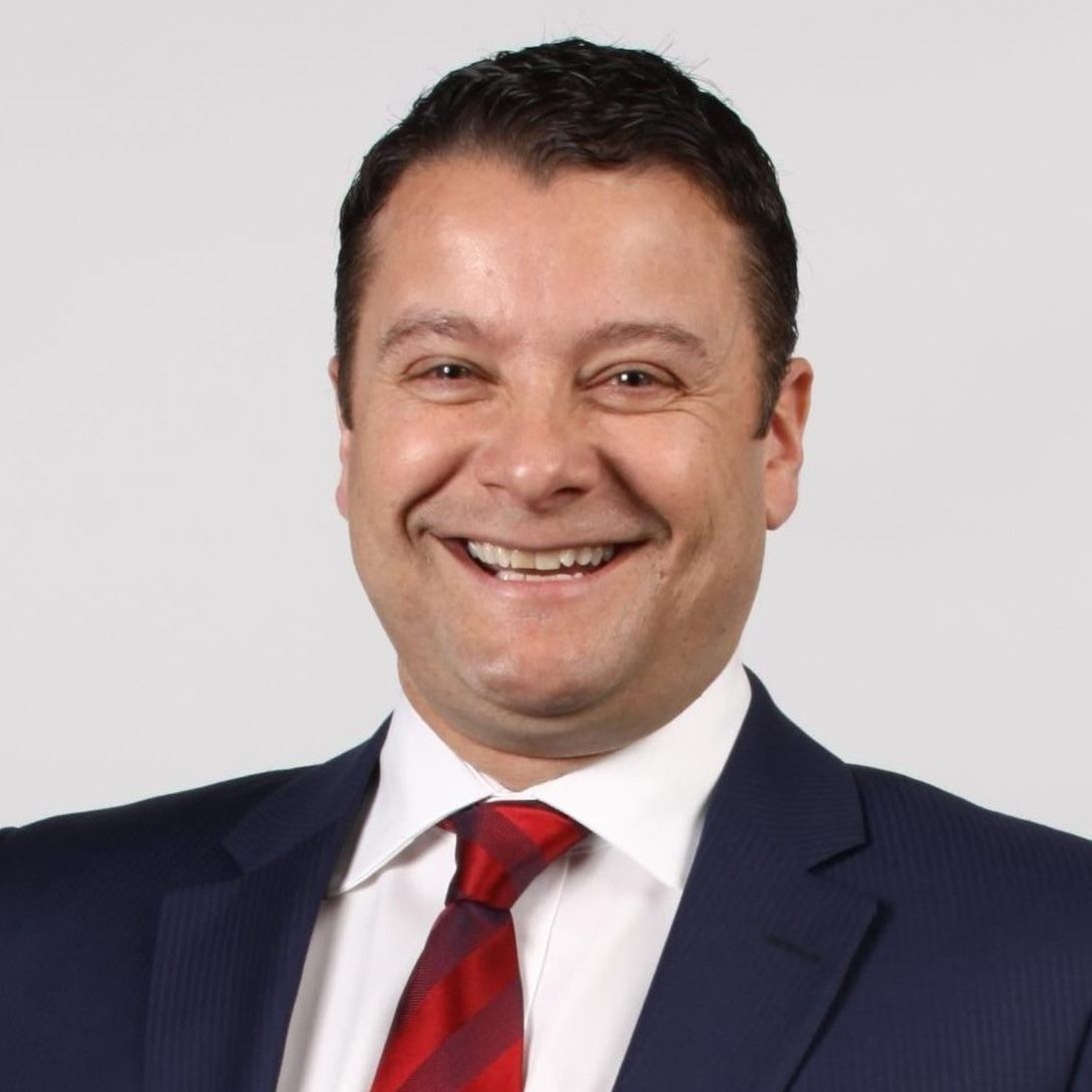COVID-19 has had an enormous impact on the U.S. economy. Many of the changes prompted by the pandemic will become permanent in its aftermath. Are you ready? Do you have the tools in place to run a successful interview in a new economy?
These are foundational questions as you plan your recruitment strategy for the rest of 2020 and beyond. Data gathered in April showed that 86% of organizations had already moved to integrate virtual interview techniques as a result of the outbreak. That statistic underlines how widespread the post-COVID changes have already become, an evolution that is likely to continue in the near future.
How can you prepare for this new economy? The key is to have the right tools. To get the most out of every interview, you should run a standardized process and make sure that you focus on the right factors. Drawing on the research presented in our in-depth eBook on the future of the recruiting industry, here are some things to keep in mind as you prepare to interview in the new economy:
Standardization Gets the Most out of Your Interviews
You don’t get much personal time with each of your job candidates. You can expect the typical interview to last between 30 to 60 minutes. In this abbreviated discussion, you need to gather enough information to make a decision that could impact your team dynamics for years to come.
These circumstances put a lot of pressure on interviews. You want to maximize the value of every moment and every. Standardization allows you to do that. By presenting the same basic interview structure to every candidate, you make it easier to compare them, and you optimize your ability to make the right decision.
As we point out in our eBook, Glassdoor has found that firms without standardized interviews see a dramatic rise in bad hires. In fact, the chances of making the wrong decision skyrocket by five times when the meetings with candidates fail to conform to a regimented structure.
The Tools You Need to Interview Successfully in a New Economy
Standardization provides the basis for a strong interview process. However, it’s just the start. There are other upgrades you can implement to make sure you’re prepared for the future.
A Scientific Method
Standardization lets you take a scientific approach to the interview process. Since each discussion follows the same format, it gets easier to compare candidates effectively. Think of it as the double-blind process of choosing team members.
Video Interviews
The COVID-19 outbreak has revealed a new business reality. The pandemic made remote interviewing necessary for any company that wanted to keep hiring during the coronavirus crisis. Video made this possible.
However, the pivot to video won’t end with the outbreak. Now that companies have accelerated their adoption of these products, they will remain important components of the interviewer’s toolkit. Video allows for increased flexibility and standardization. It can also potentially lower the costs of recruiting.
Peer Interactions
Teamwork is a central aspect of any corporate operation. So why not let team members weigh in on their potential coworkers? Schedule peer interactions as part of the interview process. This will give you new perspectives about your top prospects.
Mine for Soft Skills
Finding people to fill the basic qualifications for a position is often relatively easy. You might have dozens of applicants who pass the minimum benchmarks. But a truly great employee will have additional skills. This becomes especially true in the modern economy, where workers are often asked to fill multiple roles and operate remotely, far from direct supervision. Craft questions that target these crucial abilities.
Looking to get the most out of your interviews in a fast-changing market? Partnering with a robust recruiting agency can help. Recruiting In Motion, a top staffing firm, can take your team-building process to the next level.
Contact Recruiting In Motion today to find out more. In the meantime, check out our comprehensive recruiting eBook to start the process of upgrading your hiring.











